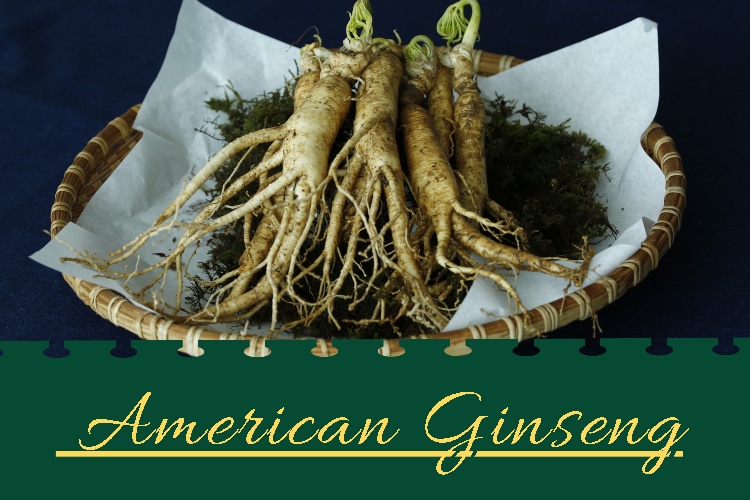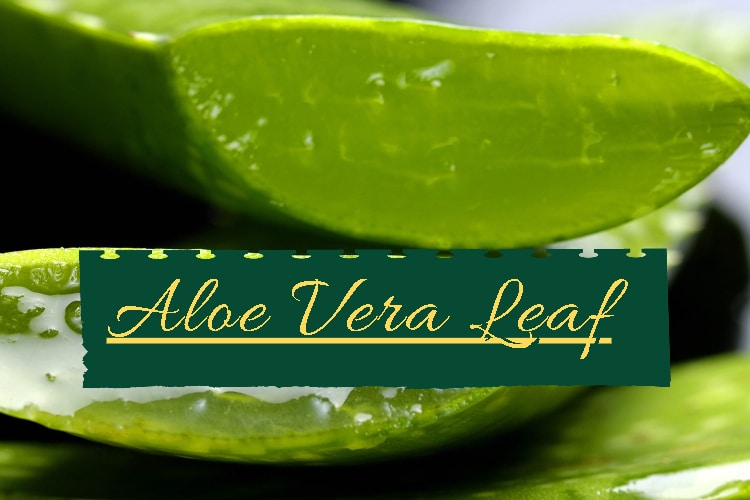
African Kola Nut
The African Kola Nut is regarded as a stimulant with more caffeine than coffee. It has been used for centuries in the tropics to endure hard work without fatigue, increase energy, and even clear the mind. African Kola Nut is said to act as a stimulating tonic that generally imparts an overall feeling of well-being.
Table of Contents
Plant Description
The Kola tree (or Cola tree) is indigenous to West Africa, most notably Sierra Leone, Liberia, Ivory Coast, and Nigeria. It may also be found in Gabon and in the Congo River Basin.
The vast majority of this nut production is utilized within the African continent, particularly in sub-Saharan regions, which may explain why the introduction of the crop to the tropical Americas, the West Indies, Sri Lanka and
Malaya has never caused severe competition with African production (McIlroy, 1963). It is related to the cacao tree, but larger, growing to a height of about forty feet, with smooth bark and bearing dense foliage with oblong leaves on large petioles.
The leaf axils also produce small, cup-shaped, yellow flowers that grow in clusters on short pedicels and fruits (red nuts or seeds) that grow in star-shaped clusters of pods. The trees fruit annually when about twelve to fifteen years of age and may continue until they reach one hundred years, thriving in rich, well-drained soil in sun at a minimum of fifty-five degrees Fahrenheit.
Traditionally, this nut is used as a stimulant and a “masticator,” with a small piece chewed before each meal to promote digestion, and it is thought to improve the flavor of anything eaten after it.
Its popularity is due to the large amounts of caffeine and other substances that act as stimulants, which may also be, like coffee, mildly addictive. In many areas where other stimulants are not available, such as in regions influenced by Islam with its prohibition on alcohol, the African Kola Nut may substitute for them. They are frequently included in many ritual and social ceremonies to mark marriages and funerals.
History
The use of African Kola Nut goes back many centuries. Vast trading networks existed in Africa, perhaps even before the thirteenth century, to supply the great demand for this product, and indications of the domestication of the trees in plantations are found in written records that date from the sixteenth century.
Among the vegetable products from the African soil, there is, perhaps, none more interesting and valuable than the African Kola Nut, and it is consumed throughout tropical and equatorial Africa as an equivalent to tea, coffee, maté, and cacao. On the international commercial market,
African Kola Nut is highly valued as a flavoring for Cola drinks and for use in the important manufacture of pharmaceuticals, and it is exported to Europe, the United Kingdom, and North America for these purposes. Some of the constituents in African Kola Nut include caffeine, theobromine, kolatin, kolanin, glucose, starch, fatty matter, tannins, catechins, betaine, and protein.
Medical Uses
African Kola Nut is a stimulant. It contains more caffeine than a coffee bean and is taken in the same way, as a stimulant, to prevent fatigue. In the past, it was used by armies on the march, because the stimulating effects allowed long distances to be traveled while carrying a minimum of food.
It has been said that the African Kola Nut possesses a physiological property of enabling persons ingesting it to undergo prolonged exertion without fatigue, undoubtedly due to its high caffeine content.
The caffeine content in African Kola Nut may also be helpful in easing migraine headaches. Conventional wisdom has always said that all caffeine will cause headaches, but some modern research claims that judicious use of caffeine may actually help migraines, and it is even included in several over-the-counter migraine preparations. African Kola Nut is also thought to relieve the pain of neuralgia (the severe, throbbing, or stabbing pain along the course of a nerve).
African Kola Nut is also believed to be a fine “nervine” or nerve tonic that has a soothing and quieting influence on the nerves without numbing them. In addition, the tonic effect stimulates and tones up the nervous system and imparts an overall feeling of healthy well-being.
It has been used to alleviate nervous debility, depression, despondency, weakness, nervous diarrhea, anxiety, and lack of emotion.
African Kola Nut is said to be cardiotonic that stimulates and strengthens a weak heart.
In traditional herbal medicine and lore, African Kola Nut was taken before a meal to improve digestion. It has been reported that in Africa, its use exercised a favorable influence upon the digestive organs – particularly the liver – and most notably in the non-native populations who appeared to escape the constitutional changes due to affections of that organ; however, there are no clinical trials to prove this claim.
Further tradition stated that African Kola Nut rendered the foulest and putrid waters clean, made tainted meat edible; and when taken internally, helped prevent dysentery. Again, there is no scientific evidence to prove any of these claims.
Precautions
Pregnant and nursing women should not use African Kola Nut. Excessive use (many times the recommended dosage) may cause nervousness and/or insomnia. If symptoms of dizziness, anxiety, or nervousness occur, discontinue using African Kola Nut.






